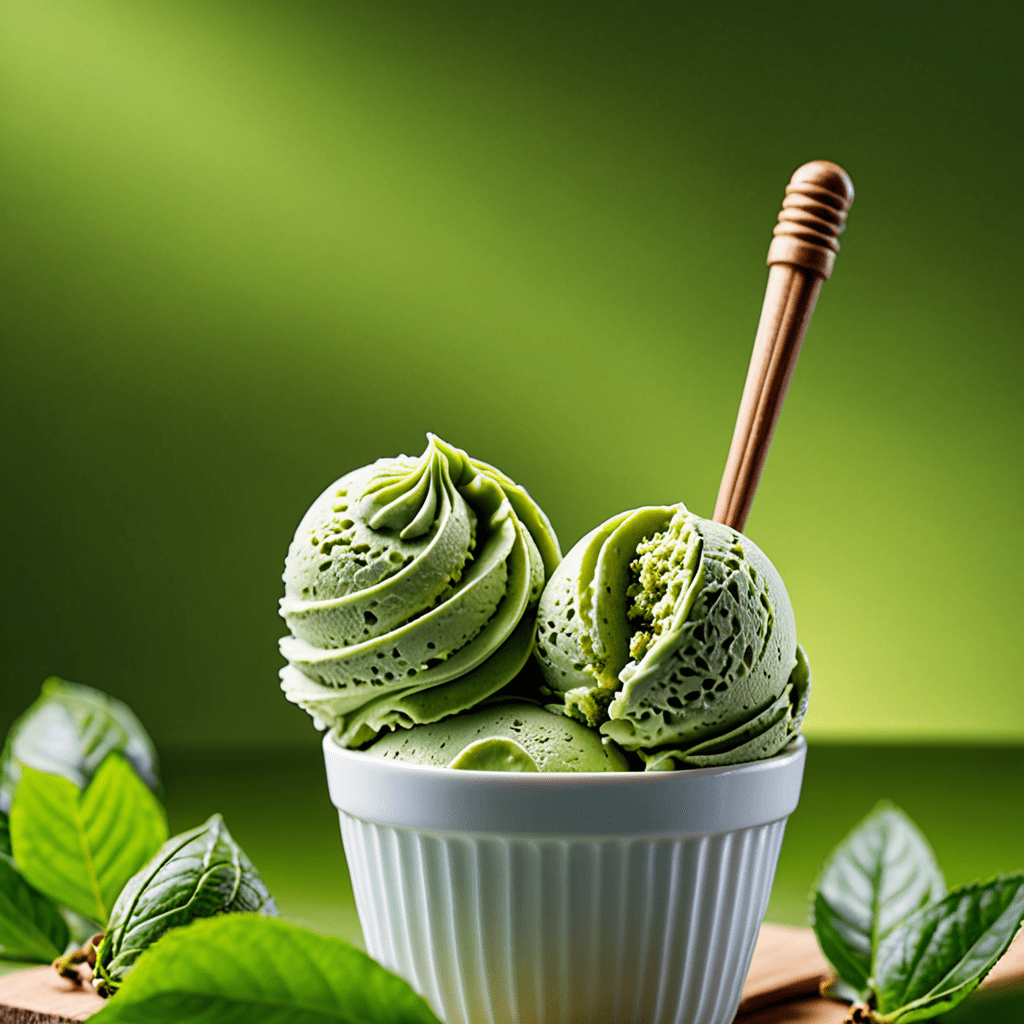1. Introduction
Yoga and Tea Culture: A Journey of Wellness in India
India, a land steeped in ancient traditions, boasts a rich tapestry of wellness practices, intertwined with its cultural heritage. Amongst these, yoga and tea culture stand as two prominent pillars, deeply influencing and enriching each other. This paper delves into their shared history, explores their philosophical roots, and uncovers the multifaceted ways in which yoga and tea culture influence one another. Understanding this intricate relationship unveils a profound journey of wellness intertwined with India's ancient wisdom.
Significance of Yoga and Tea in India
Yoga, a holistic practice involving physical postures, breathing exercises, and meditation, has been an integral part of Indian life for millennia. It originated as a spiritual discipline, aimed at attaining self-realization and liberation. Tea, on the other hand, has been cultivated and consumed in India for centuries, revered for its medicinal properties and ability to promote mindfulness. Both yoga and tea culture have permeated the daily lives of Indians, becoming deeply embedded in their societal fabric.
Purpose of the Paper
This paper aims to explore the intricate tapestry woven by yoga and tea culture in India. It delves into the shared philosophies and practices of these two disciplines, highlighting how they complement and enhance each other. By examining the role of tea in yoga practice, the impact of yoga on tea cultivation and consumption, and the cultural significance of both within India, we gain a deeper understanding of their interconnectedness and the profound contributions they make to wellness.
6. The Integration of Tea Culture in Yoga Retreats and Workshops
Yoga retreats and workshops often incorporate traditional tea ceremonies and tea breaks into their programs, further emphasizing the interconnectedness of these two practices. Tea ceremonies provide a space for participants to connect with the present moment, cultivate mindfulness, and deepen their understanding of yoga philosophy. Tea breaks offer moments of respite, allowing individuals to reflect on their practice and engage in meaningful conversations with fellow yogis. By integrating tea culture into these immersive experiences, retreats and workshops facilitate a holistic approach to wellness, encompassing both the physical and mental aspects of yoga.
7. The Cultural Significance of Tea and Yoga in India
In India, both tea and yoga hold profound cultural significance, deeply intertwined with the country's traditions and beliefs. Tea is often seen as a symbol of hospitality, community, and shared experiences. It plays a central role in social gatherings, religious ceremonies, and everyday life. Similarly, yoga is considered a sacred practice, deeply rooted in spiritual teachings and philosophical principles. It is revered for its ability to promote physical, mental, and spiritual well-being, and is often associated with self-discovery and enlightenment. Together, tea and yoga represent an integral part of India's cultural identity, embodying its values of mindfulness, inner peace, and connection to the divine.
8. The Challenges and Opportunities for Yoga and Tea Culture
While both yoga and tea culture have witnessed immense popularity worldwide, they also face certain challenges in the modern world. Globalization and commercialization can sometimes lead to a dilution of their traditional values and practices. Additionally, the fast-paced nature of modern life can make it difficult for individuals to prioritize practices that require time and dedication. However, amidst these challenges, there are also significant opportunities. The growing awareness of the health benefits of yoga and tea has led to increased interest in these practices. Moreover, the development of online resources and communities has made it easier for people to access and engage with these traditions. By embracing innovation and adapting to the changing times, yoga and tea culture can continue to thrive and positively impact the lives of individuals across the globe.
9. Yoga and Tea: A Path to Holistic Wellness
The intersection of yoga and tea culture offers a unique and powerful path to holistic wellness. By combining the physical benefits of yoga with the mindful awareness cultivated through tea consumption, individuals can achieve a deeper sense of balance and harmony within themselves. Yoga postures and breathing exercises help to strengthen the body and enhance flexibility, while the calming and restorative properties of tea promote relaxation and mental clarity. Together, these practices provide a holistic approach to well-being, addressing both the physical and mental aspects of human existence.
10. Conclusion: A Synergistic Relationship
In conclusion, yoga and tea culture in India share a deep and multifaceted relationship, influencing and enriching each other in profound ways. Their shared philosophical roots, complementary practices, and cultural significance underscore their ability to promote holistic wellness. Whether through the mindful consumption of tea before a yoga session, the integration of tea ceremonies into retreats, or the exploration of their cultural significance, yoga and tea offer a path to self-discovery, inner peace, and a deeper connection to one's true self. As these traditions continue to evolve and adapt to the modern world, their synergistic relationship holds immense potential to inspire and empower individuals on their journey towards a more balanced and fulfilling life.
Frequently Asked Questions (FAQs)
What are the best types of tea to drink before, during, or after yoga?
The best type of tea to drink before yoga depends on your individual preferences and goals. Some options include green tea for its energizing properties, chamomile tea for its calming effect, or ginger tea to aid digestion. During yoga, a refreshing herbal tea or a light black tea can help to maintain hydration and focus. After yoga, a soothing chai tea or a warm cup of tulsi tea can promote relaxation and recovery.
How can I integrate tea culture into my yoga practice?
There are many ways to integrate tea culture into your yoga practice. You can start by enjoying a cup of tea before or after your sessions. You can also participate in tea ceremonies or workshops that combine yoga and tea. Additionally, you can research the traditional uses of tea in yoga and experiment with different types of teas to find what works best for you.
What are the cultural significance of tea and yoga in India?
In India, tea is often seen as a symbol of hospitality, community, and shared experiences. It plays a central role in social gatherings, religious ceremonies, and everyday life. Similarly, yoga is considered a sacred practice, deeply rooted in spiritual teachings and philosophical principles. It is revered for its ability to promote physical, mental, and spiritual well-being, and is often associated with self-discovery and enlightenment. Together, tea and yoga represent an integral part of India's cultural identity, embodying its values of mindfulness, inner peace, and connection to the divine.
How can I learn more about yoga and tea culture?
There are many resources available to learn more about yoga and tea culture. You can find books, articles, and websites dedicated to these topics. You can also attend yoga and tea workshops or retreats. Additionally, you can connect with experienced practitioners and teachers who can share their knowledge and guidance.


